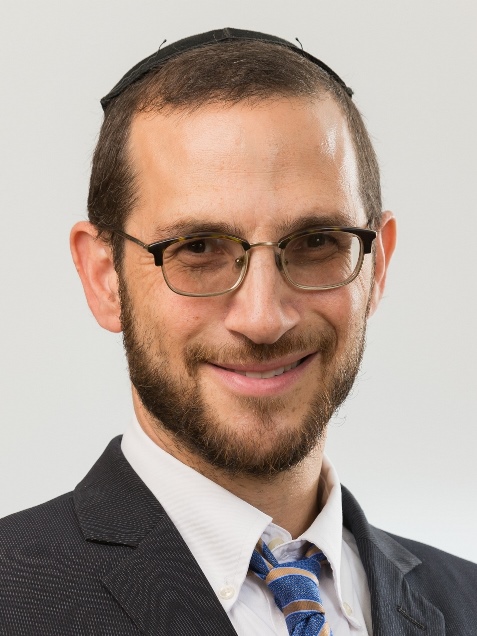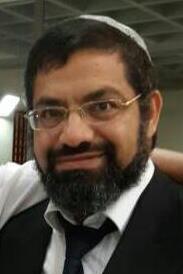Appreciating Our Gifts In Life Before It’s Too Late
הרב שלום רוזנר
וְהַ֨לֻּחֹ֔ת מַֽעֲשֵׂ֥ה אֱלֹהִ֖ים הֵ֑מָּה וְהַמִּכְתָּ֗ב מִכְתַּ֤ב אֱלֹהִים֙ ה֔וּא חָר֖וּת עַל־הַלֻּחֹֽת:
The Luchos were God's work, and the inscription was God's inscription, engraved on the tablets. (Shemos 32:15).
It is interesting to note that the first time the Torah mentions the Luchos, there is no detailed description of the Luchos. It is only immediately prior to Moshe’s destruction of the Luchos that they are described as the work of Hashem, inscribed by God and divinely engraved. Why are the Luchos only described before they are broken and not at their first appearance? We will explore two lessons that can be learned from the placement of the description of the Luchos at this juncture.
The Shemen Hatov suggests that the Torah wanted to emphasize right before Moshe breaks the Luchos, that despite that they were in fact written by Hashem, Moshe did not hesitate to break the Luchos when he felt the nation was not ready or able to receive them.
In fact, the last words of the Torah, “le’einei kol Yisrael” – “before the eyes of all Israel”, according to Rashi, refers to Moshe’s shattering of the Luchos. Moshe is credited with having broken the Luchos. Despite the fact that he spent 40 days and nights studying its contents with Hashem, he did not hesitate to destroy them. Why did he not just place them in a hidden area and when he felt things quieted down and Bnei Yisrael would be ready to accept the Luchos, he could then go and retrieve them. Why did he destroy the Luchos? It is like someone destroying a thesis they labored over for months.
The Meshech Chochma posits that Moshe feared that Bnei Yisrael would ascribe special power to the Luchos as they did with the Golden Calf. They thought Moshe was granted godly powers and when he did not return when they anticipated, they needed to replace him with a Golden Calf that they felt had inherent power. Moshe had to clearly indicate to them that there is no inherent kedusha in the Luchos. The kedusha is derived from the fact that its content was directed by Hashem. All holiness flows from Torah, which is ultimately from HaKadosh Baruch Hu. The description of the Luchos appears prior to them being broken to highlight Moshe’s brave act of destroying the God given Luchos.
The Shemen Hatov offers an additional explanation. Often, one only realizes the significance of something when he is about to lose it. The description of the Luchos appears before they are broken to accentuate that Bnei Yisrael are going to miss this most precious gift.
This is an important lesson for us. Our inability to appreciate what we have before it is too late is one of the saddest aspects of human nature. Rabbi Frand (in his sefer on the Parsha vol 2) relates this thought to our lives. When we are young and spend time in school or Yeshiva, we do not always maximize that time and appreciate the educational experience. It is only in our later years that we become nostalgic and wish we could relive those special years.
When we raise our children, we get caught up in the challenging moments and fail to appreciate the time we spend with them. Years later, when our nests are empty, we wish we could hear their laughter in our living room.
At times one’s parents seem to pose difficulty. They may offer unsolicited advice or criticism and it may take a lot of effort to care for them. Yet, when they pass away, children suddenly realize what they lost and yearn for one more conversation and contemplate what advice they would offer when such advice is indeed needed. We may not always appreciate our relationship with our parents until they are no longer with us.
By reserving the description of the Luchos until they were about to be broken, the Torah warns us to appreciate our gifts in life -our children, our parents, and the myriad of other gifts that Hashem grants us- before it is too late.
קוד השיעור: 9253
לשליחת שאלה או הארה בנוגע לשיעור:




 (1).jpg)

.jpg)
